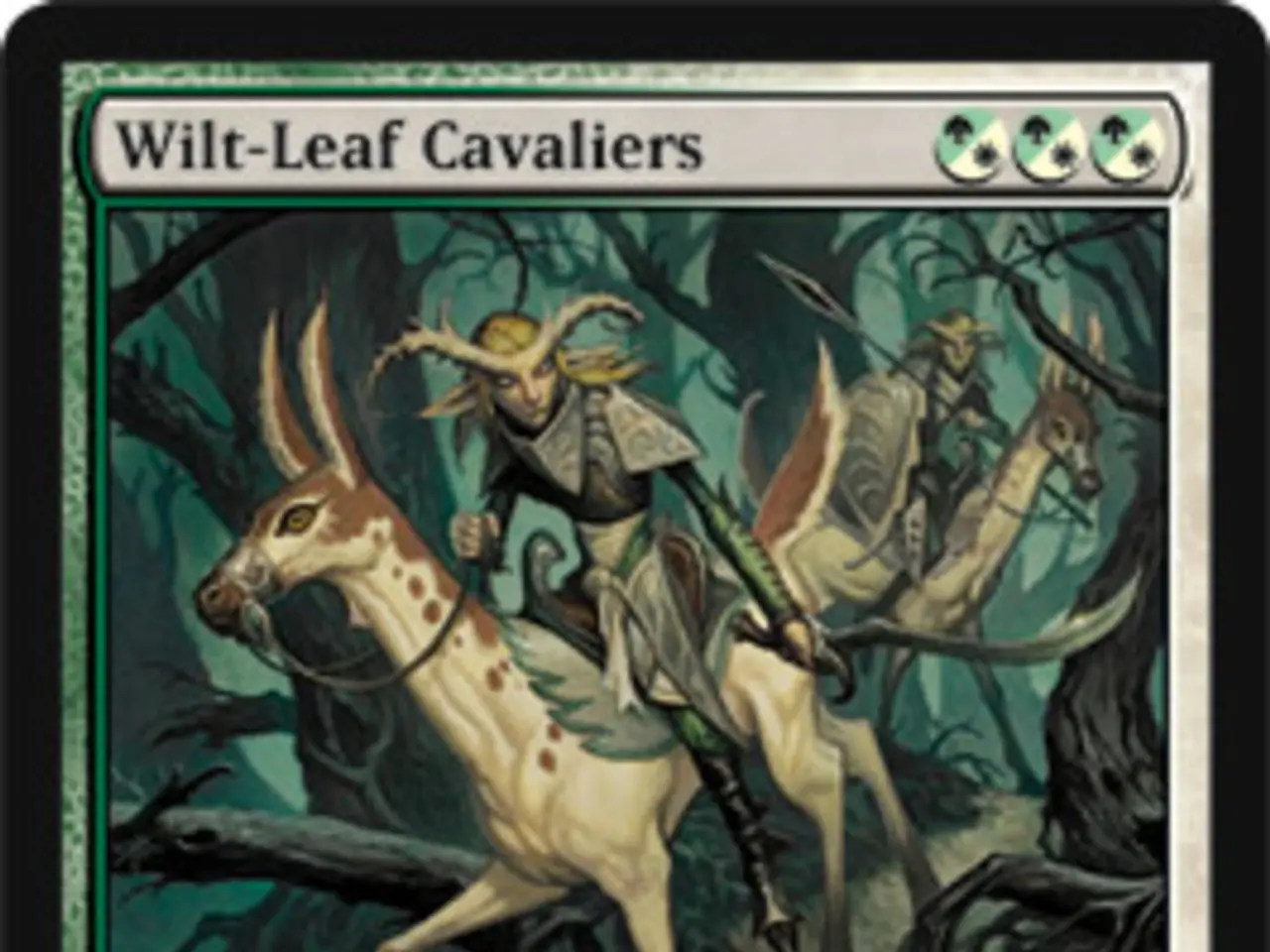Joseph Brant's Contribution in the Revolutionary War: A Native American Commander's Influence
Joseph Brant: A Multifaceted Hero of the American Revolution
Joseph Brant, born Thayendanegea in 1743 in the Ohio Country, was a prominent figure during the American Revolution. As a member of the Mohawk tribe within the Thirteen Colonies, Brant's strategic acumen and military prowess would influence the course of pivotal battles.
Brant's command of Iroquois forces showcased his understanding of both guerrilla warfare and conventional tactics. He led Iroquois warriors in battles such as the Battle of Newtown, and was instrumental in encouraging Indigenous tribes to support the British cause.
Brant's allegiance during the American Revolution was intricate, transcending conventional categorizations as a patriot or loyalist. Despite his Native American roots, he aligned himself with the British, driven primarily by a commitment to safeguarding Native American interests and preserving indigenous lands.
Brant's upbringing was unique, blending Native American and European cultures. He received Western education at an early age, which shaped his perspectives during the American Revolution.
Following the American Revolution, Brant and fellow Loyalists sought sanctuary in British-controlled territories within Canada. He played a key role in relocating the Mohawk and other Iroquois from their lands in New York, which were ceded to the United States, to a new reserve in Canada along the Grand River in Ontario.
In the aftermath of the conflict, Brant persistently championed the rights of Native American peoples. As he navigated the complexities of post-war life, he remained a central figure in advocating for the rights and cultural continuity of the indigenous populations within the newly established Canadian territories.
Brant's actions during the American Revolution and subsequent endeavors to secure land and rights for his people stand as enduring testaments to his significance in shaping the course of events in the region. His legacy encompasses a rich tapestry of achievements, including his prowess as a military leader, adept diplomacy, and unwavering advocacy for Native American rights.
In the realm of diplomacy, Brant's alliances with various Native American tribes underscored his diplomatic skills. A pivotal figure in post-war negotiations, he played a crucial role in securing land agreements with the British government, such as the 1794 Treaty of Canandaigua, which recognized some Indigenous land rights in the U.S.
Brant's focus extended beyond mere territorial considerations; he dedicated himself to preserving the cultural heritage of his people. As he served as a key Mohawk diplomat, he worked tirelessly to preserve Mohawk and Iroquois political identity and landholdings after the upheaval of the Revolution.
His family, including his son John Brant, also maintained influential roles in Six Nations governance and relations with colonial governments. Brant's legacy resonates as a multifaceted narrative, reflecting his dynamic role in the historical fabric of North America.
In conclusion, Joseph Brant was a prominent Mohawk war chief and Loyalist leader during the American Revolution who commanded Iroquois allies, and his post-war impact involved leading his people’s migration to Canada and serving as a key Mohawk diplomat and advocate for Indigenous rights and lands. His legacy continues to be celebrated as a significant chapter in the history of North America.
References:
- The American Revolution: A History
- Joseph Brant: A Mohawk Leader in the American Revolution
- The Six Nations of the Grand River
- Treaty of Canandaigua
- Joseph Brant
- Joseph Brant's resolution to safeguard the well-being of Native American communities compelled him to focus on politics, diplomacy, and advocacy, reaching beyond war-and-conflicts.
- In the aftermath of the American Revolution, Brant's motivation was not only to secure land and safety for his people, but also to preserve the cultural integrity and political identity of the Indigenous tribes.
- General news of the time recorded Brant's influential role in securing treaties, such as the Treaty of Canandaigua, that highlighted his commitment to Indigenous rights and lands, marking him as a prominent figure in post-war North America.







